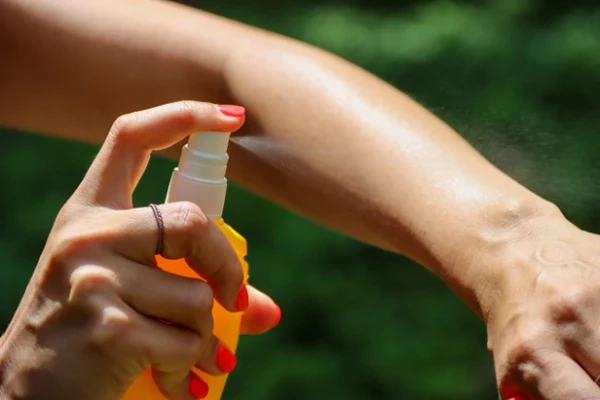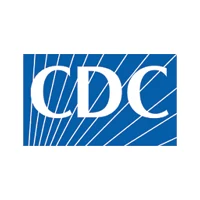

Mosquitoes, Ticks, and Other Arthropods
Introduction
Vector-borne diseases are found at almost every travel destination. Because few vaccines are available to protect travelers, the best way to prevent vector-borne diseases is to avoid being bitten by ticks and insects, including mosquitoes, fleas, chiggers, and flies, that transmit pathogens that cause disease. Travel medicine specialists should advise travelers to use repellents and take other precautions to prevent bites.
Elevation and arboviral disease risk
Mosquito-borne diseases are most often reported from tropical and subtropical areas, with risk declining as elevation increases. However, some vector species of mosquitoes are established at high elevations. West Nile and Usutu viruses were reported to be circulating in wildlife sentinel animals in the Italian Alps in 2005; however, no human cases were detected. Japanese encephalitis virus infections were detected in mosquitoes, pigs, and humans in Tibet, China, in the Nyingchi District at elevation 3,100 m (10,170 ft).
Soti nan eskwadwon an
Konvèsasyon Kanfi ak kominote nou an, ki soti nan Manm Eskwadwon ak Anbasadè yo nan Brand Patnè ak ekip la Sawyer.

















